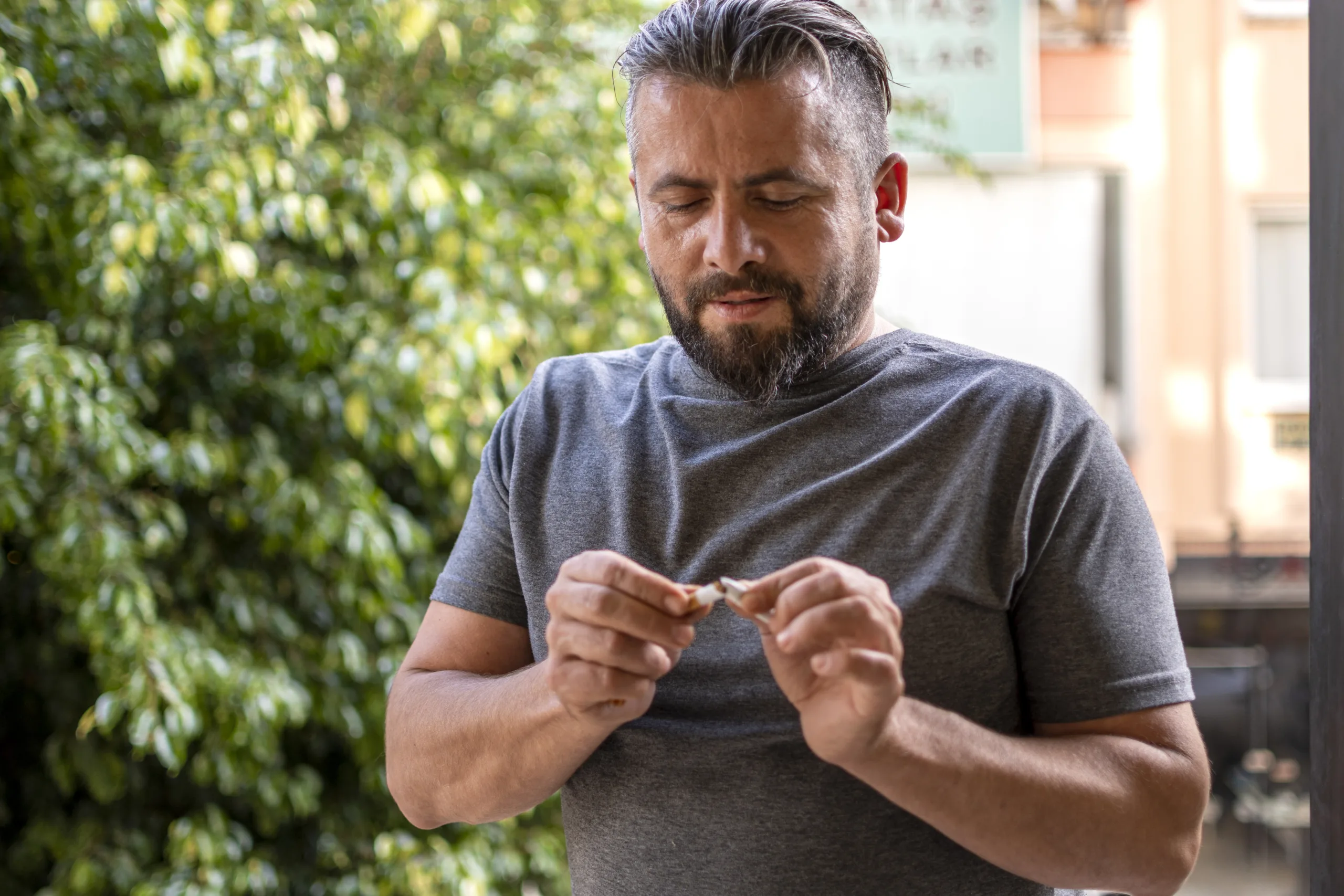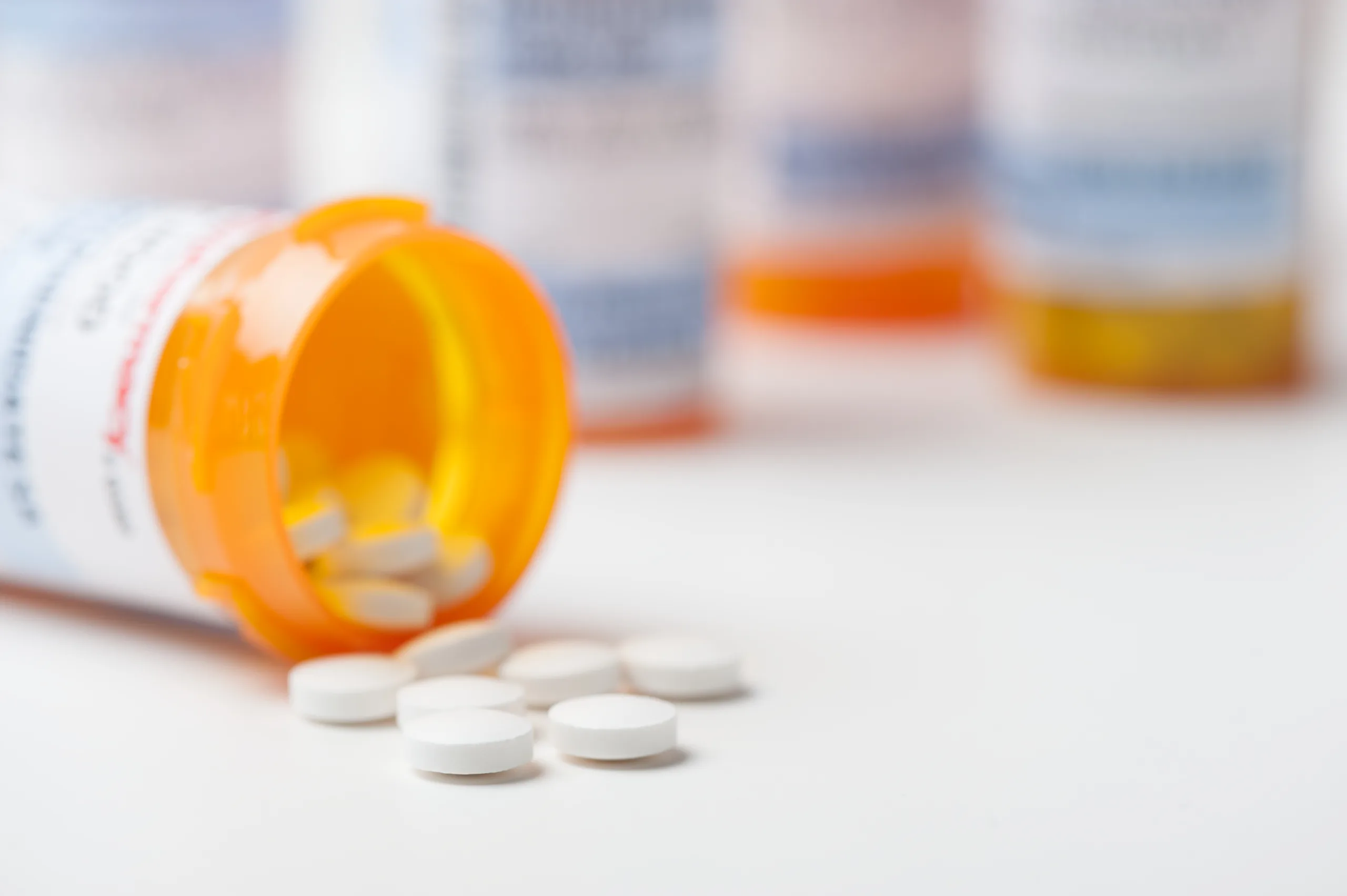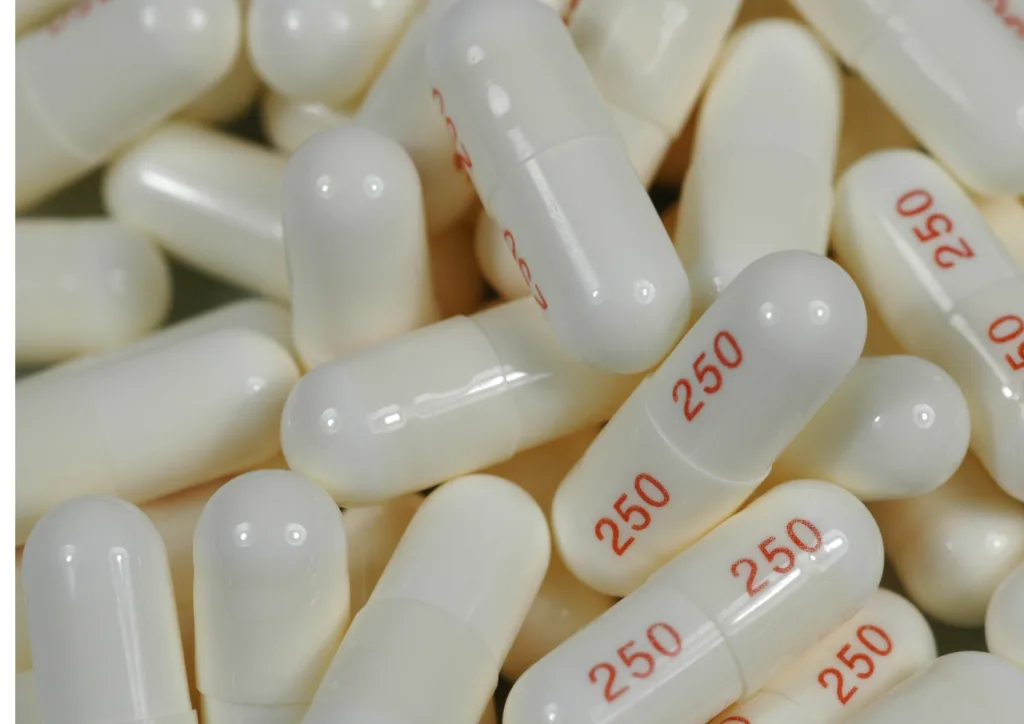Legalization and Increased Use of Cannabis in PA: Is It Linked to a Rise in Other Substance Use?

The legalization of cannabis has been a hot topic across the United States, including Pennsylvania. While medical marijuana has been legal in Pennsylvania since 2016, discussions around the full legalization of recreational cannabis continue to grow. Proponents argue that legalization can provide economic benefits and reduce criminal justice burdens. However, concerns have also been raised about whether increased access to cannabis could lead to higher rates of other substance use and addiction.
At Silvermist, we understand the complexities of substance use and the impact that changing drug policies can have on individuals and communities. Exploring the potential connection between cannabis legalization and other substance use is essential for developing effective prevention and treatment strategies.
Cannabis Legalization in Pennsylvania: Where We Stand
Pennsylvania legalized medical marijuana in 2016 under the Medical Marijuana Act. Since then, the state has seen a steady rise in the number of medical marijuana patients, with over 1.2 million patient certifications issued as of 2024. While recreational cannabis remains illegal in Pennsylvania, neighboring states like New York and New Jersey have already moved to legalize it for adult use. This has increased pressure on Pennsylvania lawmakers to consider full legalization.
Supporters of cannabis legalization argue that it can:
- Generate significant tax revenue for the state
- Reduce the burden on the criminal justice system
- Improve access to regulated and safer products
- Offer medicinal benefits for pain management, anxiety, and other health conditions
However, increased availability and normalization of cannabis use raise important questions about potential unintended consequences, including the potential for increased use of other substances.
The Gateway Theory: Fact or Myth?
One of the most debated issues surrounding cannabis use is the “gateway drug” theory — the idea that using cannabis increases the likelihood of experimenting with and becoming addicted to more dangerous substances like opioids, cocaine or heroin.
Research on the gateway theory remains mixed. Some studies suggest that early cannabis use may increase the likelihood of trying other substances, particularly among young people. The National Institute on Drug Abuse (NIDA) reports that individuals who use cannabis are more likely to develop alcohol and opioid use disorders later in life.
However, other researchers argue that the correlation does not imply causation. Factors like genetics, social environment, mental health conditions and socioeconomic status are also significant contributors to the likelihood of substance use progression.
Trends in Substance Use in States with Legal Cannabis
Data from states that have legalized recreational cannabis, such as Colorado and Washington, provide some insights into the potential effects of legalization on broader substance use patterns:
- Opioid use: Some studies have shown a decrease in opioid prescriptions and overdose rates in states with legalized cannabis, suggesting that individuals may be substituting cannabis for opioids for pain relief.
- Alcohol consumption: Research indicates mixed results, with some studies reporting increased alcohol use alongside cannabis, while others suggest a decline in alcohol consumption when cannabis is available.
- Illicit drug use: There is limited evidence that legalizing cannabis increases the use of harder drugs like cocaine or heroin, but there have been reports of increased emergency room visits related to cannabis overconsumption.
What This Means for Pennsylvania
If Pennsylvania moves toward legalizing recreational cannabis, understanding the potential impact on substance use patterns will be critical. Increased access to cannabis may reduce some public health burdens, such as opioid overdose deaths, but it could also contribute to increased rates of cannabis dependence and polysubstance use (the use of multiple substances simultaneously).
At Silvermist, we’ve seen firsthand how substance use disorders often overlap. Cannabis use can sometimes exacerbate underlying mental health issues like anxiety, depression and psychosis. Additionally, individuals with a predisposition to addiction may find it difficult to control their cannabis use, which can lead to the use of other substances.
Seeking Help for Substance Use Disorders
Regardless of the legal status of cannabis, the need for comprehensive substance use treatment remains crucial. At Silvermist, we offer evidence-based treatment programs that address not only substance use but also the underlying mental health conditions that contribute to addiction.
Our treatment programs include:
If you or a loved one is struggling with cannabis use or any other substance, Silvermist provides a safe and supportive environment for healing. Our team is here to help you reclaim control over your life and build a foundation for lasting recovery.
The legalization of cannabis in Pennsylvania is a complex issue with both potential benefits and risks. While cannabis may not serve as a direct gateway to harder drugs for most users, increased access and normalization could contribute to broader patterns of substance use and addiction. At Silvermist, we remain committed to providing compassionate, evidence-based care to anyone affected by substance use. If you need support, contact us today — recovery starts with the first step.






